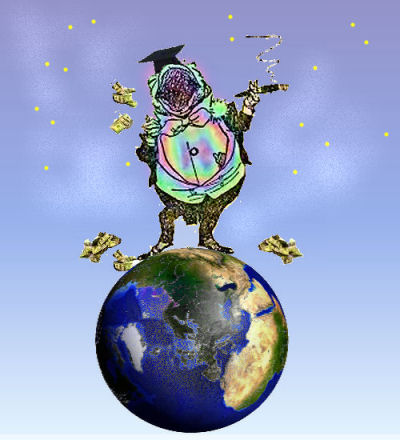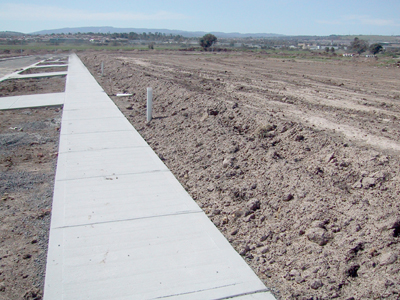Prices rise to absorb increases in income - Article by John Kosy
 |
Here is a story that explains this concept. Thanks to our contributor, Matthew Mitchell, for alerting us to this brilliantly simple analysis of our current problem, originally published as a comment here. It is a skilled, yet easy to understand, critique of economic theory that underpins todays political policy and the similar adverse impact of globalisation on places as far away from each other as Bangladesh and Australia. |
 (Original Source by John Kozy, Global Research, February 13, 2012: http://www.globalresearch.ca/abstractions-versus-the-real-world-economic-models-and-the-apologetics-of-greed/29270 Subtitles inserted by candobetter.net editor.
(Original Source by John Kozy, Global Research, February 13, 2012: http://www.globalresearch.ca/abstractions-versus-the-real-world-economic-models-and-the-apologetics-of-greed/29270 Subtitles inserted by candobetter.net editor.
"Offshoring production to underdeveloped nations gives needy people jobs, increases their incomes, reduces poverty, and expands their nations’ GNPs. It also enables people in developed nations to purchase products produced offshore at lower prices enabling them to consume a wider range of things. As a result, everyone everywhere is better off."
Convinced? Most economists are, but it hasn’t worked that way. Everyone everywhere is not better off—as the whole world now knows. Why?
A factory in Bangladesh
In the latter part of the 80s or early part of the 90s, a large retailer (don’t remember which one) thought it would be a good idea to bring an employee of a factory in Bangladesh to America to see how the clothing the factory was producing was being marketed to Americans. So a Bengali woman was selected to represent her factory and brought to America. This idea didn’t work out well. The woman not only saw how the products were being marketed but how much they cost and she was infuriated. She knew what she and her coworkers were being paid, about two percent of the price of the garments. She did not remain silent and was quickly sent back to Bangladesh. Here is the gist of her story:
She said she and her coworkers were not financially better off after being hired by the factory. Yes, the wages were better than those that could have been earned before, but they weren’t much benefit. Why? Because when the paychecks began to arrive, the local landlords and vendors increased prices on everything, so just as before, all of their incomes went to pay for basic necessities. The landlords and vendors got the money; the workers were not better off, and those in the community who were not employed by the apparel factory were decidedly worse off. It fact, it quickly became apparent that the workers were working for nothing. They did the work; the landlords and vendors got the pay. But, of course, the country’s GNP was better, which is all that matters to economists who still claim that Bangladesh’s economy is improving.
And although Americans were able to buy the apparel more cheaply than they could have before the manufacturing was offshored, the American apparel workers who lost their jobs are decidedly not better off.
Two conclusions follow from this scenario: employment alone is not a sufficient condition for prosperity; full employment can exist in an enslaved society along side abject poverty, and an increasing GNP does not mean that an economy is getting better. Remember these the next time the unemployment rate and GNP numbers are cited. Those numbers mean nothing.
"The economic model described above just does not work, not in Bangladesh or anywhere else"
More than thirty years has now passed and nothing has changed in Bangladesh. Most Bengalis still continue to live on subsistence farming in rural villages. Despite a dramatic increase in foreign investment, a high poverty rate prevails. Observers attribute it to the rising prices of essentials. The economic model described above just does not work, not in Bangladesh or anywhere else. Explaining why reveals what’s wrong with economics and why current economic practices, which have not essentially improved mankind’s lot over the last two and a half centuries, won’t ever improve it.
Economists build models by what they call “abstraction.” But it’s really subtraction. They look at a real world situation and subtract from it the characteristics they deem unessential. The result is a bare bones description consisting of what economists deem economically essential. Everything that is discarded (not taken into consideration in the model) is called an “externality.” So the models only work when the externalities that were in effect before the models are implemented do not change afterward."


Recent comments